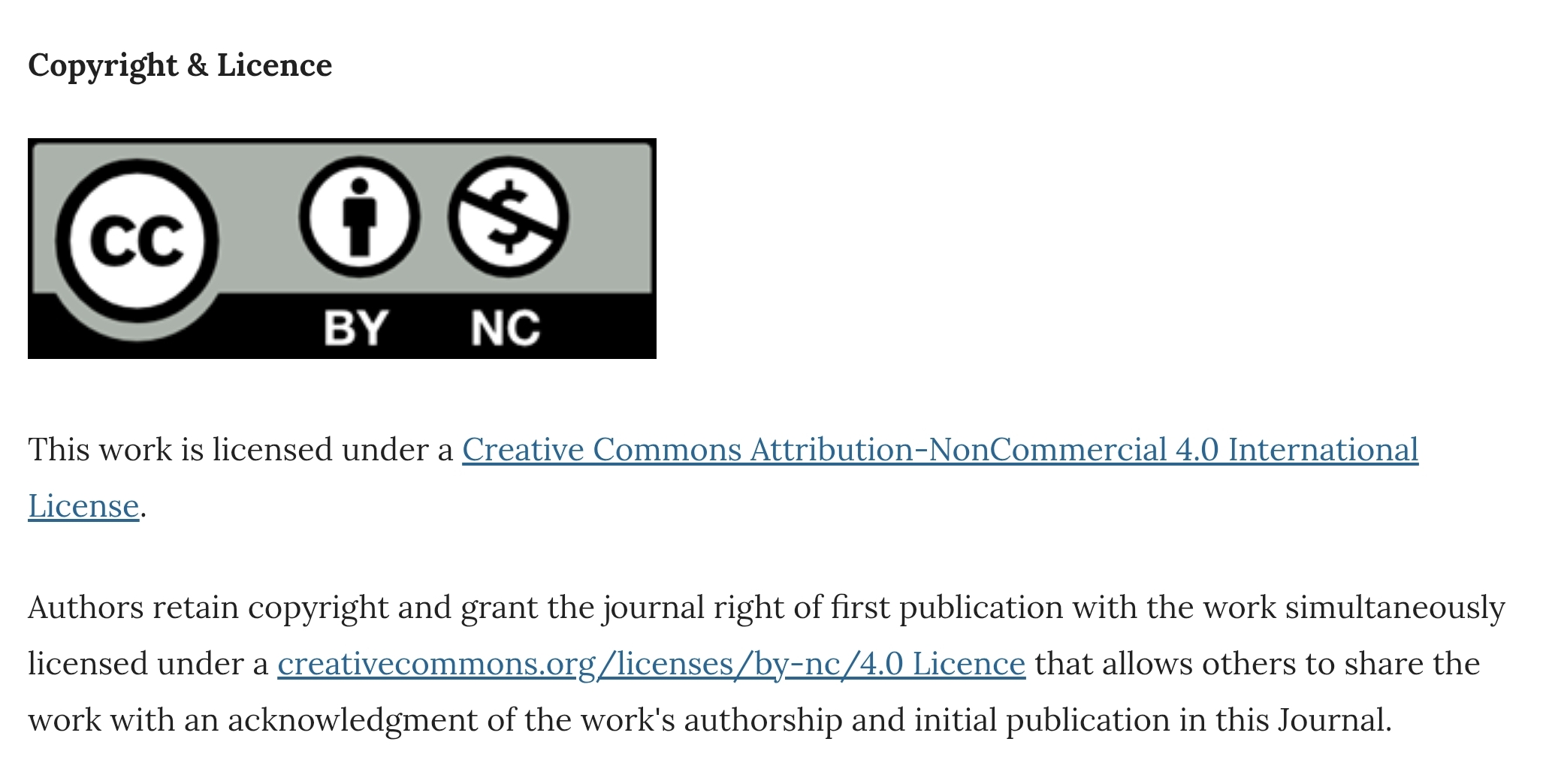Mental Health Technology – What’s in Store?
DOI:
https://doi.org/10.30834/KJP.29.1.2016.43Abstract
Technology is an indispensible part of everyday life. It has affected all walks of modern life, medicine being no exception. Smart phones have penetrated our society to an astonishing extent. With the growing influence of this technology, it was only a matter of time before applications and gadgets were incorporated to smart phones for daily usage. The rapid growth in the use of smart phones has opened a new world of opportunities for use in health care and more recently in behavioural health care. This article deals with the smart phone applications in mental health and future prospects in this regard.
Downloads
References
Rao GP, De Sousa A. The ‘e’ Revolution. Indian J Priv Psychiatry 2012; Suppl:7-8.
Khan MAM. The ‘e’ Revolution. Indian J Priv Psychiatry 2012; Suppl:9-11.
Internet users, facebook subscribers and population statistics for 35 countries and regions in Asia. [Internet] 2016 Aug 20 [cited 2016 Aug 30]. Available from: http://www.internetworldstats.com/stats3.htm
Ians. India has world’s youngest internet population. Hindustan Times [Internet]. 2012 Feb 25 [cited 2016 Aug 30]. Available from: http://www.hindustantimes.com/india/india-has-world-s-youngest-internet-population/story-wT5LNnJJ0vnZl4lkHyd4sL.html
Glenn T, Monteith S. New measures of mental state and behavior based on data collected from sensors, smart phones, and the internet. Curr Psychiatry Rep 2014; 16(12):523.
Kemp S. Digital, social, and mobile in APAC in 2015. 2015 Mar 11 [cited 2016 Aug 30]. Available from: http://wearesocial.sg/blog/2015/03/digital-social-mobile-in-apac-in-2015
India to have 651 million Smart phones, 18.7 million tablets by 2019. The Economic Times [Internet]. 2015 Feb 3 [cited 2016 Aug 30]. Available from: http://articles.economictimes.indiatimes.com/2015-02-03/news/58751662_1_networking-index-mobile-users-population
Steinhbul SR, Muse ED, Topol EJ. Can mobile health technologies transform health care? JAMA 2013; 310(22):2395-6.
Batista MA, Gaglani SM. The future of smart phones in healthcare. Virtual Mentor 2013; 15(11):947-50.
Torous J, Friedman R, Keshavan M. Smartphone ownership and interest in mobile applications to monitor symptoms of mental health conditions JMIR Ment Health 2014; 2(1):2. Available from: http://mhealth.jmir.org/2014/1/e2
Torous J, Chan SR, Yee-Marie TS, Behrens J, Mathew I, Conrad EJ, et al. Patient smartphone ownership and interest in mobile apps to monitor symptoms of mental health conditions: a survey in four geographically distinct psychiatric clinics. JIMR Ment Health 2014; 1(1):5. Available from: http://mental.jmir.org/2014/1/e5.
Luxton DD, McCann RA, Bush NE, Mishkind MC, Reger GM. mHealth for mental health: integrating smartphone technology in behavioral healthcare. Prof Psychol Res Pr 2011; 42(6):505–12.
Savic M, Best D, Rodda S, Lubman DI. Exploring the focus and experiences of smartphone applications for addiction recovery. J Addict Dis 2013; 32(3):310–9.
Rozental A, Andersson G, Boettcher J, Ebert D, Cuijpers P, Knaevelsrud C, et al. Consensus statement on defining and measuring negative effects of Internet interventions. Internet Interv 2014; 1(1):12–9.
Ko J, Lu C, Srivastava M, Stankovic J, Terzis A, Welch M. Wireless Sensor Networks for Healthcare. Proc IEEE; 2010; 98(11):1947-60.
Shah NH, Tenenbaum JD. The coming age of data-driven medicine: translational bioinformatics' next frontier. J Am Med Inform Assoc 2012; 19(1):2-4. Available from: http://jamia.oxfordjournals.org/content/19/e1/e2.
Haddadi H, Healey P, McCabe R, Purver M. Healthcare informatics for mental health: recent advances and the outlook for the future [monograph on the Internet]. 2013 Feb 13 [cited 2016 Aug 30]. Available from: http://www.eecs.qmul.ac.uk/~mpurver/publications-subject.html.
Torous J, Powell AC. Current research and trends in the use of smartphone applications for mood disorders. Internet Interv 2015; 2(2):169–73.
Papastergiou M. Exploring the potential of computer and video games for health and physical education: a literature review. Computers Educ 2009; 53:603–22.
Rachuri KK, Musolesi M, Mascolo C, Rentfrow PJ, Longworth C, Aucinas A. Emotion sense: a mobile phones based adaptive platform for experimental social psychology research. Proceedings of the 12th ACM International Conference on Ubiquitous Computing (UbiComp'10); 2010; Copenhagen, Denmark.
Brown I, Brown L, Korff D. The limits of anonymisation in NHS data systems. BMJ 2011; 342:238.
Brown I, Brown L, Korff D. Using NHS patient data for research without consent. Law Innov Technol 2010; 2(2):219-58.
McClelland R, Thomas V. Confidentiality and security of clinical information in mental health practice. Adv Psychiatr Treat 2002; 8:291-6.
Published
How to Cite
Issue
Section
License
Copyright (c) 2016 Kerala Journal of Psychiatry

This work is licensed under a Creative Commons Attribution-NonCommercial 4.0 International License.











